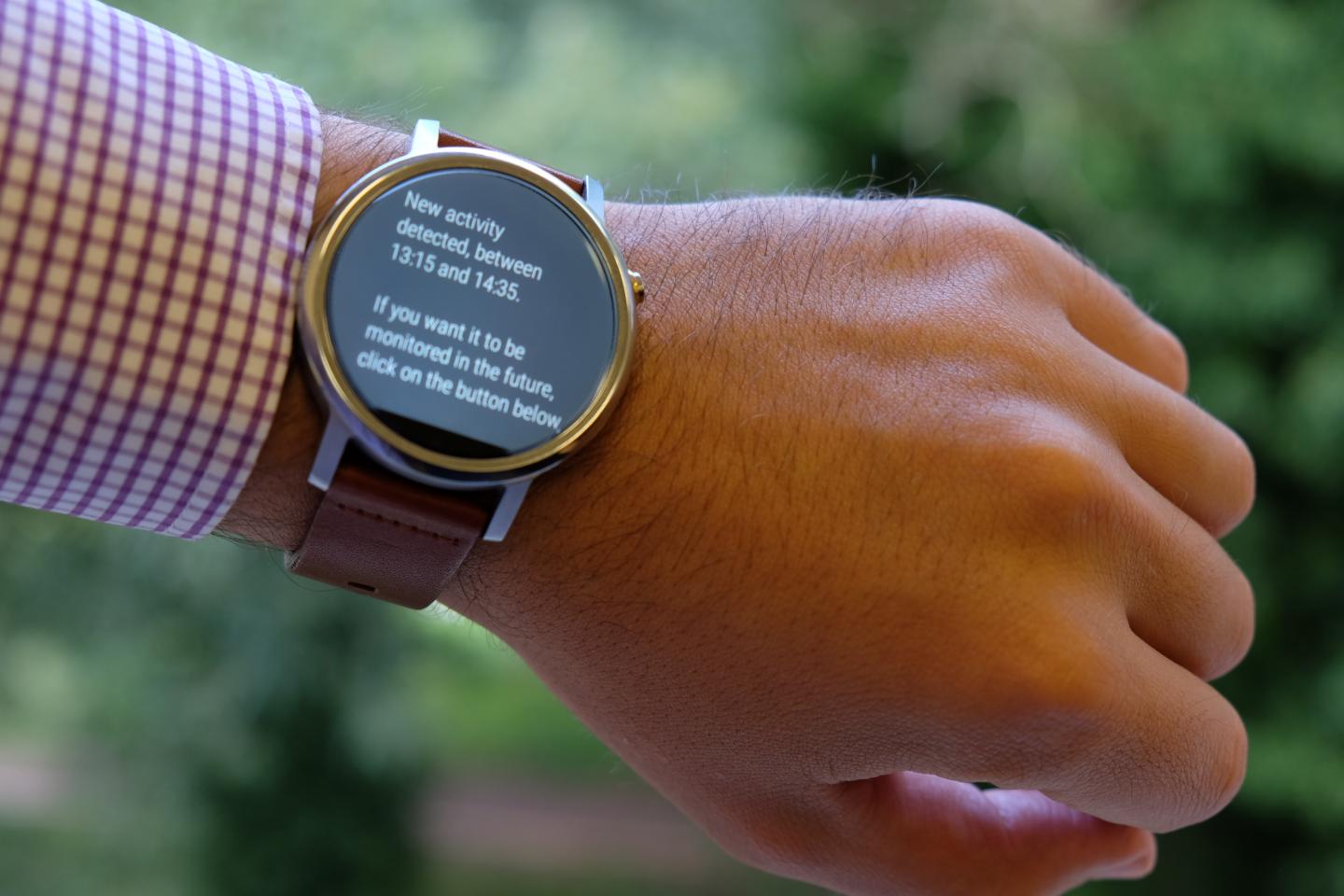
A new brain-computer interface application that allows music to be composed by the power of thought has now been developed by scientists.

Robots designed to look after children are being introduced in Japanese nurseries.

Scientists at the University of Sussex have invented a new algorithm that enables smartwatches to detect and record your every move, without being told beforehand what to look for.

Robots and artificial intelligence are greatly advancing modern medicine. AI will help improve robot-assisted surgery, medical imaging, and drug discovery.

One of the world’s fastest detectors, capable of capturing images in billionths of a second, has been developed by the UK for use at the world’s largest X-ray laser, the European XFEL.

Approach may enable robots to move around hospitals, malls, and other areas with heavy foot traffic

The second Hyperloop Pod Design Competition was a success, with teams from all over the world testing their pod car designs at SpaceX test track in California.

People may one day be walking around with 3D-printed bones in their bodies, according to new research from Canada. The artificial bones can lower the risk of infection.

Inside the city, the self-driving vehicles can log thousands of miles in a controlled setting, where cars driven by people are staged to quickly cut off a self-driving car in order to test the robot’s rate of deceleration.

The results are preliminary, but “confirm the feasibility of a seawater quantum channel, representing the first step towards underwater quantum communication.

Our relationship with computation will be much more intimate as we enter the age of wearables.

Google's Waymo has patented a technology that will make its self-driving cars soft on the outside if it comes across a situation where there is a possibility of an accident with a human.

Researchers have developed technology that enables a smartphone to perform lab-grade medical diagnostic tests that typically require large, expensive instruments.

Researchers have developed much more advanced RNA biocomputers that can handle more computations and complex logic. Ribocomputing is coming of age.

An team of German researchers recently conducted an experiment that has once again proven that quantum entanglement is possible.